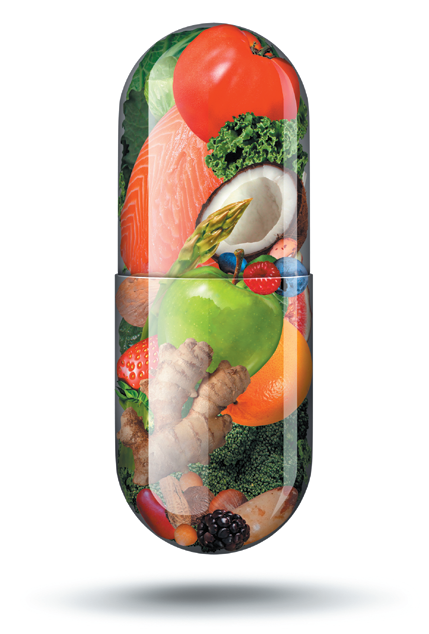A. Alice H. Lichtenstein, DSc, executive editor of Tufts Health & Nutrition Letter, answers: “Optimal health is dependent on consuming the appropriate quantity of nutrients and energy (calories). When scientists learned how to separate nutrients from foods or synthesize them in a laboratory, there was hope we could prevent malnutrition and maximize health simply by administering the right combination of supplements. Unfortunately, this led to the thought that food choices don’t matter as long as one takes a multivitamin. Many also feel that if a little of a nutrient is good, more must be better. Neither of these beliefs is true. Although one would not know it from the consistently strong market for dietary supplements, research has shown that supplements do not have hoped-for health benefits (beyond the expected response for the rare cases of inadequate intake or absorption disorders). What’s more, many supplements have detrimental side effects if we take too much.
“The most promising data on the positive impact of nutrition on health comes from studies of overall dietary patterns. (The data are so strong you will see a discussion of dietary patterns in nearly every article in this newsletter.) This suggests there are additional, as yet unidentified, factors in food that are important to maintaining health and wellbeing. We know foods contain lots of different bioactive substances (like fiber and phytochemicals). We also know that there is likely much about food components and nutrient requirements that we do not yet understand. All this is to say that when you eat a food in its natural form your body is getting many bioactive compounds—far more than supplements can provide.
“The interrelation among constituents in foods is likewise important. This concept of food synergy contends that the interaction of compounds within the food matrix or among foods has an impact on the human body that is greater than or different from the impact of each individual constituent. Many constituents in food are synergistic, for example: fat soluble vitamins (A, D, E and K) cannot be absorbed without the presence of fat; vitamin C increases the absorption of iron; vitamin D is critical for the absorption of calcium.
“Although supplements may be beneficial in cases of frank nutrient insufficiency, a variety of foods from different foods groups (preferably un- or minimally processed) is the best way to ensure we obtained all the nutrients we need in the proper amounts, without overdoing it.”
























